LEAVING A LEGACY OF TRANSFORMATION & EDUCATION THROUGH THE ARTS
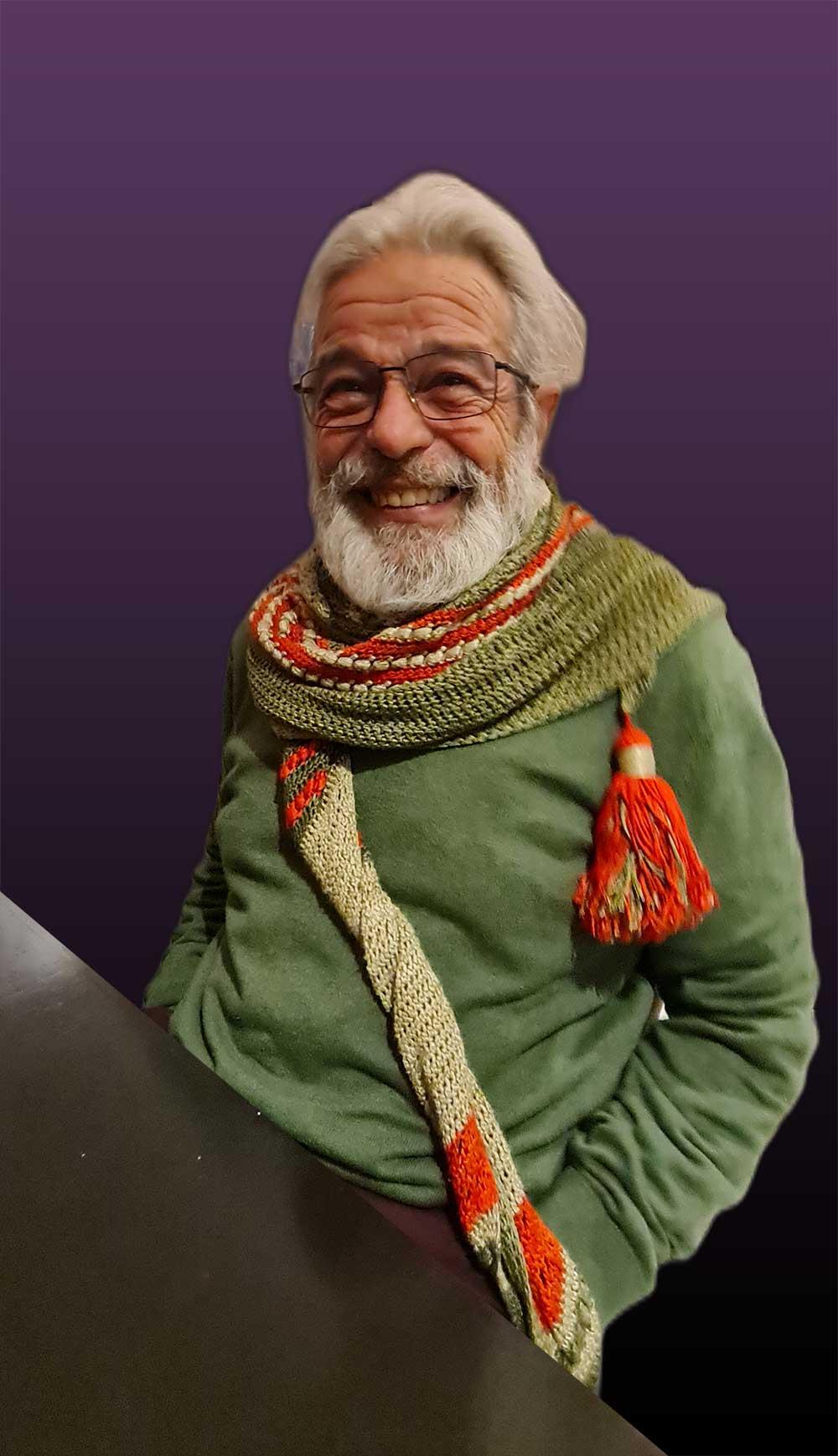
ARIVA ARTS FOUNDATION has evolved out of Rootspring Music, by founder Antonio (Nino) Rivera. In 2022 the new arts foundation was formed to further the original vision of Antonio Rivera, to leave a greater legacy of transformation and education through the Arts.
To this end, Ariva Arts Foundation has become the primary partner of the Western Cape Arts Festivals (formerly t/a the Cape Town Arts Festival), reaching further into underserved communities with skills development programmes, education, performance and income opportunities, creating thriving arts communities and changing lives.
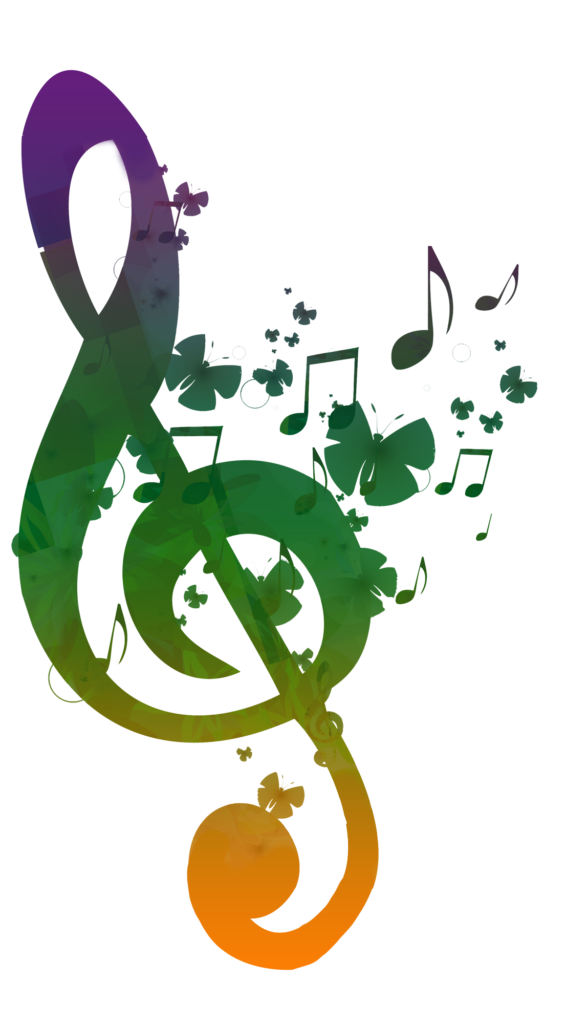
1971
2022
1971
Rivera, a social and arts activist, started performing at the age of 12 and has been a part time musician for the last 60 years. His love for music led him to Teal Records in 1971 where he became Teal’s black artists recording engineer.
1979
From 1979 he combined his eco farming career with a home studio where he recorded many budding artists attending the farm school that he and his wife, Diane had built on their organic herb farm. In 1994 Nino and Diane also assisted the local Zulu community who had, during the apartheid era, been removed from their tribal homeland. They convinced Minister Hanekom, the minister of Land Affairs in the new ANC government, to purchase farmland big enough to house the 200 affected families.
2015
2022
In 2022, a partnership was established by the Ariva Arts Foundation, under the leadership of Rivera, in collaboration with the Western Cape Arts Festivals (then known as the Cape Town Arts Festival), to fast-track Rivera’s original vision of creating a lasting legacy of community empowerment and well-being through the arts. This partnership led to the successful launch of the Beyond Busking Programme in 2023 — a platform supporting grassroots and street performers with training, exposure, and opportunity. In 2024, the partnership expanded its impact with the launch of the AIR (African Indigenous Renaissance) Project and AIR Festival 2025, a groundbreaking initiative celebrating indigenous music, dance, craft, and storytelling, while driving cultural revival and community engagement.
Ariva Arts Shop, Point Discovery, HEritage Site , Mossel Bay
At Ariva Arts Shop, immerse yourself in the rich heritage of local Indigenous art. Our curated collection showcases the diverse talents and traditions of the region, offering a unique cultural experience. Explore authentic crafts, captivating stories, and the vibrant spirit of the Garden Route community.
AIR ( aFRICAN INDIGENOUS RENAISSANCE ) PROJECT
After a year of research and development into the rural areas of the Garden Route, Western Cape, Ariva Arts Foundation in partnership with the Western Cape Arts Festivals (formerly Cape Town Arts Festival) hosted its first successful AIR Project in conjunction with Professor Dizu Plaatjies) head of UCT Ethnomusicology Department), and Geoffrey Tracey ( Rhodes University) in rural Kranshoek, Plettenberg Bay.
What is AIR?
The AIR Project (African Indigenous Renaissance Project) is a cultural development initiative focused on upskilling rural artists through the revival of indigenous knowledge systems. The project trains participants in the craft of making and playing traditional African instruments, while also developing performance skills rooted in indigenous heritage. By empowering artists with practical, income-generating skills and reconnecting communities with their cultural roots, AIR supports sustainable livelihoods and the preservation of Africa’s rich musical traditions.
Performance
The AIR Project not only teaches rural artists to craft indigenous instruments but also focuses on developing performance skills that honour Africa’s oral traditions. A key component is learning to play the Uhadi — a traditional musical bow known for its rich, resonant tones. More than an instrument, the Uhadi is a vessel for storytelling, used to convey ancestral wisdom, historical narratives, and spiritual teachings through music and song. Participants learn to integrate rhythm, melody, and spoken word, reviving the deeply expressive, performative art forms that have long connected African communities across generations.
African Indigenous Instrument making
The AIR Project places a strong emphasis on the revival and transmission of traditional African instrument-making skills, empowering rural artists to create, preserve, and perform with handcrafted instruments rooted in indigenous knowledge systems. Participants are trained in the construction of frame drums, using authentic traditional skins and natural materials, reconnecting them with ancient techniques that honour the land and the spirit of the drum.
In addition, the project includes the making and playing of African flutes, using recycled materials. These flutes carry the gentle, breath-driven melodies that have echoed through African landscapes for centuries. students are taught to make the Uhadi— often used to accompany rites of passage, spiritual reflection, and storytelling. Through these practices, artists gain both practical income-generating skills and a deeper connection to their heritage, enabling them to become living custodians of Africa’s rich musical legacy.
Craft
Beyond functional instrument-making, the AIR Project incorporates African craft traditions to transform each piece into a unique cultural expression. Participants learn woodworking techniques to shape and carve instruments with precision and care, ensuring structural integrity and tonal quality. These wooden forms are then brought to life through painting, using symbolic designs that reflect the spiritual and cultural identity of the artist’s heritage. To further embellish their creations, artists are taught traditional beading techniques, integrating intricate patterns and vibrant colours into the instrument’s design. These decorative elements not only enhance the aesthetic value of each piece but also serve as storytelling motifs, carrying meanings passed down through generations. In this way, the AIR Project blends function, beauty, and tradition—empowering artists to create instruments that are both playable and deeply meaningful.
Indigenous Knowledge Systems
At the heart of the AIR Project is a deep respect for ancient African knowledge systems, which for centuries have imparted wisdom, values, and identity through music, rhythm, and oral tradition. These systems reflect an advanced and highly ordered cultural intelligence—one that encodes history, philosophy, spirituality, and social cohesion within song, dance, and sound. Music has long served as a communal language across African societies, used to mark life transitions, convey ancestral teachings, resolve conflict, and celebrate unity. Instruments like the Uhadi, drums, and flutes were not merely for entertainment—they were tools for memory, meditation, healing, and governance. Through the AIR Project, participants not only gain technical skills, but are reintroduced to these holistic cultural frameworks, reconnecting with the profound depth of African civilisation and the timeless relevance of its artistic expressions.
The AIR Entrepreneur Project launched with an inspiring series of workshops led by Professor Dizu Plaatjies, a renowned master of African Indigenous music. Participants enjoyed a unique opportunity to explore the art of traditional music-making, from crafting and playing bows and flutes to grasping the deep cultural significance of these instruments. Prof. Plaatjies emphasized that a genuine love for the instrument fosters unity among musicians and enriches the power of shared learning—a message vividly illustrated in a moving moment when participants supported and uplifted each other. WCAF CEO, Mr. Yusuf Ganief, urged participants to seize this opportunity, highlighting the project’s core mission: empowering creatives through education, cultural heritage, and economic development. The workshops also featured a special visit from Bitou Municipality Mayor Jessica Kamkam, who shared how the experience brought her a profound sense of peace and personal transformation, emphasizing the project’s significant impact.
The AIR Entrepreneur Project continued with a series of workshops led by Geoffrey Tracey, a cultural influencer and expert in indigenous African musical heritage. He led a dynamic series of workshops, guiding participants through the art of instrument-making while exploring the physics of sound and vibration. What Participants Learned: ✔ Crafting frame drums using animal skins ✔ Creating percussion instruments from recycled materials ✔ Understanding acoustics, resonance, and amplification principles ✔ Applying creativity and innovation to traditional and modern instrument-making. This immersive workshop explored individual and community empowerment through the interconnected practices of storytelling and indigenous music-making. The workshop also honoured storytelling as a powerful act of healing and self-liberation, enabling participants to reclaim narratives, confront silences, and contribute truthfully to the shared field of human consciousness. Rooted in African values and the spirit of Ubuntu, this workshop was a journey of finding ones sound, telling your story, and reclaiming your place in the circle.
Recent TRACKS
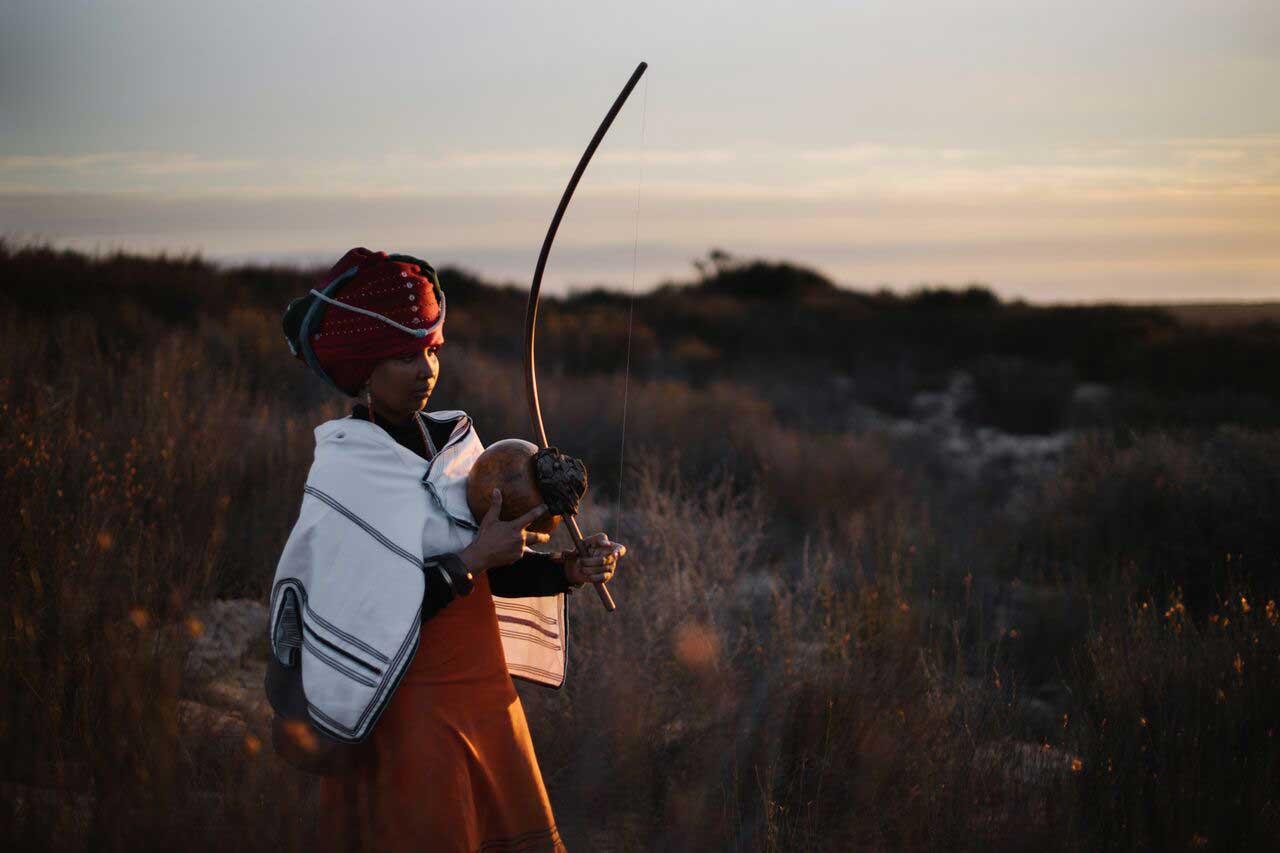
CUSTODIAN OF THE ARTS
Ariva Arts Foundation is a custodian of the Arts, priding itself in Arts education both within underserved communities and the world of mainstream performing arts.
Their unique approach lies in the personal investment into the lives of artists. Their holistic approach of listening to each artist’s story, identifying the needs of each individual and facilitating transformation through Arts Education and mentorship, is often life changing.
Developing healthy citizens with a sense of responsibility through the arts, is what Ariva Arts Foundation strives for. They believe that if one life can change through personal empowerment and creativity, preparing our youth to develop a resilient attitude towards a lifetime of challenges, then we can see transformation in our society through the arts – one artist at a time.
values
Diversity
We believe that diversity and cross-pollination among artists from different backgrounds accelerate transformation and skills sharing.
Empowerment
We promote practical arts education that delivers real results, followed by opportunities in both commercial and community-based projects.
Support Networks
By connecting people from diverse backgrounds, we build strong, positive networks that evolve into artistic hubs of support and collaboration.
Raising Public Profiles
A strong online presence is essential today. We offer training and technical support to help artists become visible and create content that unlocks new opportunities.
Youth and Young Adults
Our focus is on the future. We develop and mentor young people to grow into creative contributors and active citizens.
Exchange
We believe South Africa has a powerful global voice. By partnering with international organisations, we promote cultural and creative exchange that inspires positive, meaningful impact worldwide.
At AAF, we are committed to being a dynamic force for cultural celebration, social cohesion, and creative transformation across the Western Cape and beyond.
Rooted in diversity and community, we empower artists through local and mainstream festivals, skills development, and meaningful collaborations — with the vision to expand nationally by 2025.
We partner with government, schools, non-profits, and global networks to amplify the voice of hope through the arts. Our focus on sustainability equips artists with the business and administrative skills needed to thrive, while enriching education through innovative arts integration.
With a diverse leadership, a growing artist base, and a commitment to excellence, we aim to become a model for arts-driven impact — and a trusted partner in building a more inclusive, creative future for all.
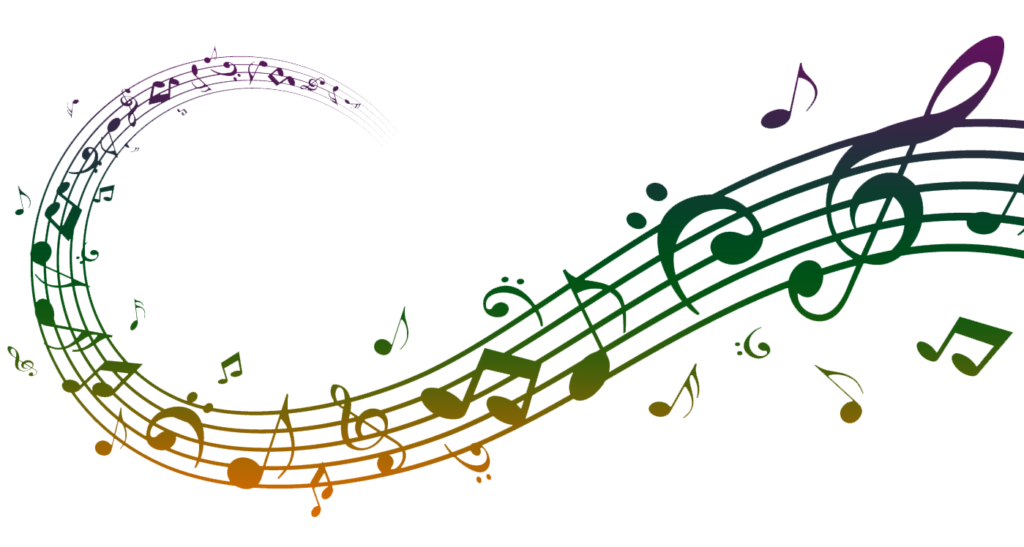
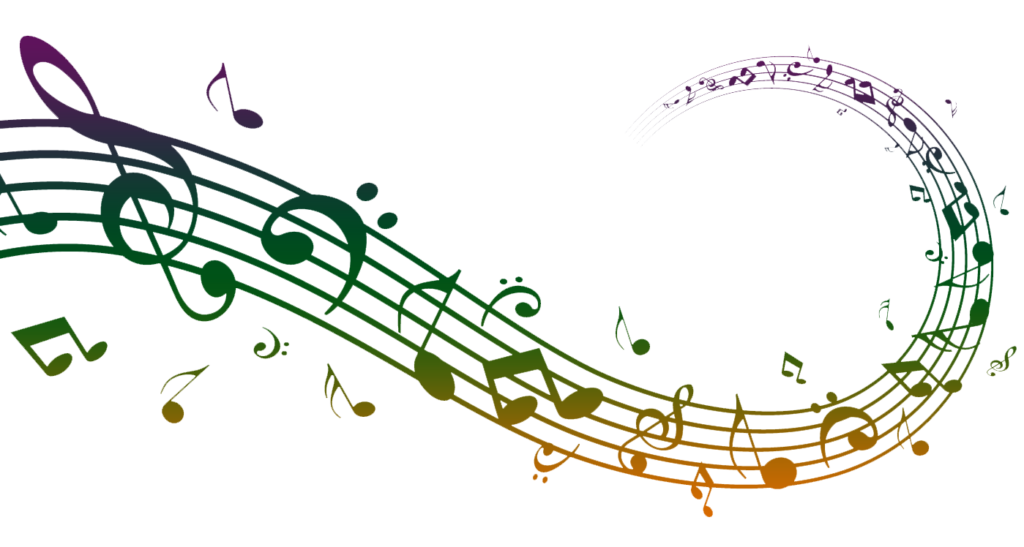
Ariva | Copyright © 2025 | Ariva. org.za